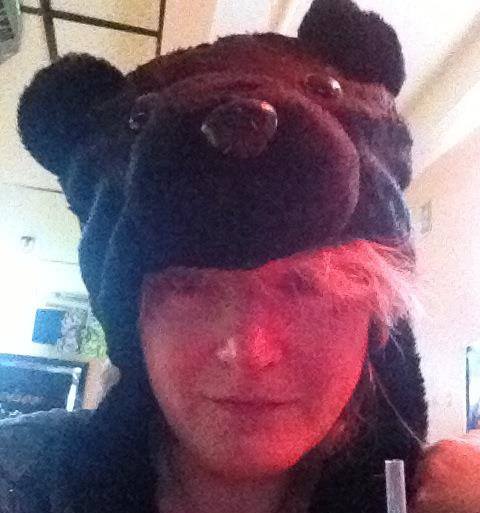The Maine Black Bears have been an icon of Maine for generations. Bears are very adaptable – they forage for nuts, berries, insects, and will even take down a young deer or small animal. The black bear has a keen sense of smell and can run as fast as 35 miles an hour. They are, indeed very impressive animals.
Bears are long-lived animals, capable of surviving 30 years in the wild. Their survival increases as they mature. By the time bears in Maine reach 2 years of age their survival exceeds 90%.
Seasonal business owners can learn a lot from a bear. If you run a seasonal business, you know the challenges of going a million miles an hour during your busy season and then facing the famine of your slow season. It can feel like a roller coaster, and in my experience, only the truly adaptable business owners survive the feast and famine of owning a seasonal business.
What lessons can we learn from a bear to help us be more adaptive in our seasonal businesses?
Be an opportunist – Just as bears are willing to forage for food, or hunt when they need to, be willing to try new ways of attracting business. Continually feed your business by finding multiple streams of income for your business. If you provide a service, is there a way to make additional revenue by renting your equipment? If you run a retail/products-based business – can you offer classes or instruction? Have you considered affiliate marketing, subcontracting, or consulting? Be creative in finding ways to feed your business during the slow seasons. What products and services can you offer that complement your brand, and will keep your cash flowing?
Conserve Your Energy – We all know that bears spend the Autumn months packing on the pounds so they can survive the winter of fasting. We often face feast and famine in our business. When business is pouring in, it’s easy to get caught up in the day-to-day, burn the candle at both ends and forget to reserve our time and resources for rest, creativity and downtime. We end up depleted and unable to survive the slower times because we are spent up and burned out, or we haven’t properly allocated our resources for when business slows down. If you run a seasonal business, learning to pace yourself and forecast what resources you need to survive your slow season is essential for survival. Carve out time each day to work on your business, even when you feel “too busy” to take the time.
Rest when it’s time to rest – We multitasking humans often don’t know when it’s time to stop and rest. We push the envelope, bringing our smartphones and laptops on vacation with us, and let work edge into our downtime. When you are eating dinner – eat dinner. When you are playing with your kids – play with your kids. And when you are on vacation, give yourself the gift of unplugging from the world for a while. If you have learned anything from our friend the black bear, you have spent the time leading up to your time off prepping – you deserve the rest.
Know that winter always comes – A bear never thinks to himself “Maybe winter won’t come this year.” Winters may be mild, but they always come. When your season slows down, spend time getting prepared for downtime. Plan out activities you can do to build your business and network. Unlike the bear, we can’t spend our entire winter sleeping. Winter (or whatever season is slow for you) is a good time to expand your network, create automation around some of your processes to help you during busy times and think about how you can smooth out some of the ups and downs of your season.
If you are a seasonal business owner, and you are coming into your “slow season,” how have you prepared yourself for the winter ahead? I work with numerous seasonal businesses and I’d love to chat with you.
Hit the Heights –
Priscilla Hansen Mahoney
Business Leadership Guide

